Have you ever watched your cat disappear into every nook and cranny of your home, only for them to quietly pop back into the room where you are? It’s almost like magic, or maybe just a secret mission completed. You might wonder: with the whole house to explore, why do cats always find their way back to you? It’s a question that tugs at the heart and tickles the imagination of every cat lover. Let’s unravel the mystery behind this endearing feline behavior, exploring the delightful, surprising, and sometimes profound reasons that bring your curious companion right back to your side.
The Deep-Rooted Bond Between Cats and Their Humans

Cats are often seen as independent creatures, yet their bond with humans runs deeper than many expect. Despite centuries of domestication, cats have retained their wild instincts but also developed a unique attachment to their people. This connection isn’t always obvious—cats show affection in subtle ways. When your cat returns to you after wandering, it’s a clear sign that you’re their anchor. They might not wag their tails like dogs, but that gentle head bump or soft purr tells a whole story. In many ways, your presence offers them a sense of security and affection they crave, even if they don’t always show it in the most obvious ways.
The Comfort of Familiar Scents

A cat’s world is ruled by scent. Your smell is like a warm, invisible blanket that brings comfort and reassurance. After your cat explores every room, they often come back to you because your scent signals safety and home. It’s similar to how we feel cozy with a favorite sweater or a familiar song. Even if your cat seems to be on a grand adventure, the soothing power of your scent draws them back, reminding them that they belong with you. It’s a silent but powerful pull, almost like an invisible string tied between your hearts.
Seeking Warmth and Physical Comfort

Have you ever noticed how your cat finds the sunniest spot in the house or curls up on your laptop? Cats are warmth seekers, and you’re often the warmest thing around. Beyond just physical heat, your lap or even your general presence provides a soft, comforting place for them to rest. After all their explorations, they’re drawn back to you because you’re the coziest spot in the house. It’s not just about heat; it’s about the comfort and safety they feel when close to you, which is something truly special.
The Instinct to Check on Their Territory

Cats are natural explorers with a strong territorial instinct. They patrol their “kingdoms” to make sure everything is just right. When they return to you after a thorough inspection of every room, it’s partly because you’re a central fixture in their territory. Cats want to keep an eye on the most important part of their world—you! Just as a security guard checks in at the main office, your cat checks in with you, making sure all is well in their domain.
Craving Social Interaction
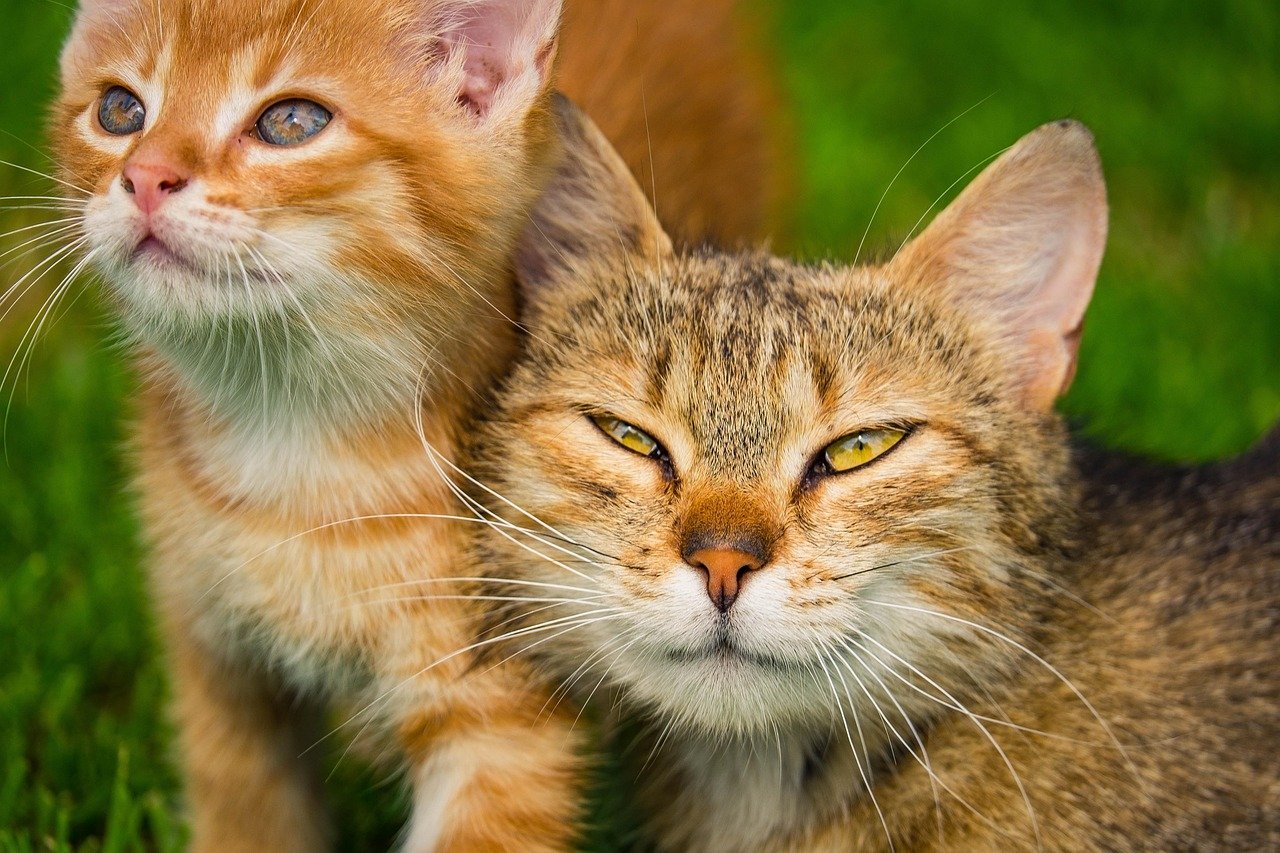
Contrary to the stereotype of the aloof feline, many cats are actually quite social. They enjoy being around their favorite humans, even if it’s just to sit quietly beside you. After their solo adventures, they come back to you for a dose of companionship. Sometimes, they’ll even initiate play or conversation (in their own way, of course). It’s their way of saying, “I missed you,” even if they were only gone for a few minutes. This need for connection is a beautiful reminder that cats, like us, are wired for relationships.
Curiosity About Your Activities

Cats are endlessly curious, and nothing piques their interest quite like what you’re up to. Whether you’re reading, cooking, or just sitting quietly, your cat wants to be in the loop. After exploring, they return to you to check out what’s happening. Maybe they’re hoping for a treat or just want to see if you’ll do something interesting. Their fascination with your routine is a testament to how much you matter in their world. In their eyes, you’re the main event!
Feeling Safe in Your Presence
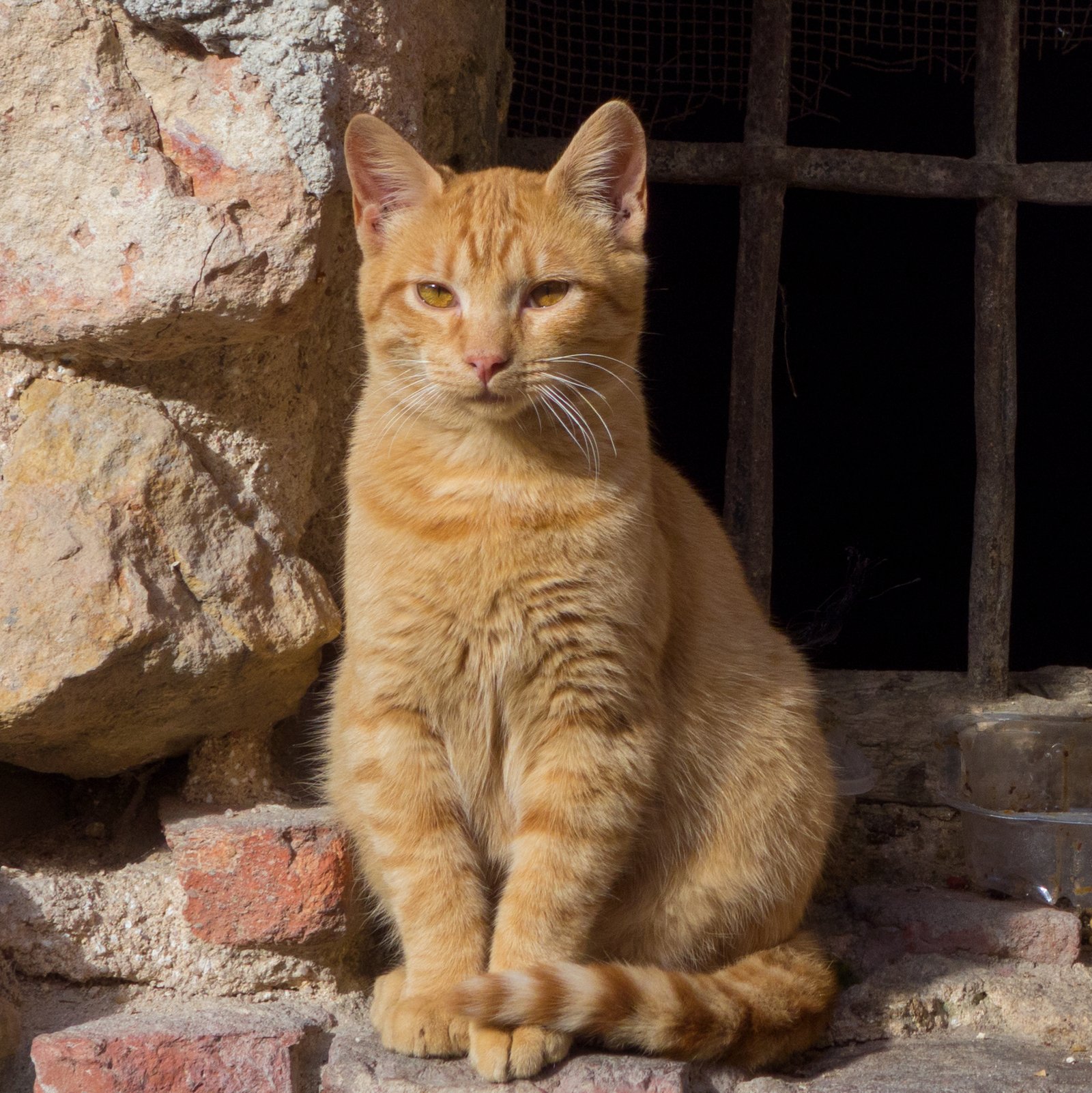
Safety is a huge motivator for cats. No matter how brave or independent they seem, your presence is a source of reassurance. After exploring, your cat might feel a little vulnerable, especially if they heard a strange noise or encountered something unfamiliar. Returning to you is their way of seeking protection. You become their safe haven, the place they run to when the world seems a little overwhelming. It’s a tender trust that’s built over time and speaks to the depth of your bond.
Habit and Routine

Cats are creatures of habit. They love routines and find comfort in predictable patterns. If returning to you after exploring is part of their daily routine, they’ll stick to it faithfully. This behavior becomes a comforting ritual for both of you. It’s like a child coming home after playing outside—no matter how fun the adventure, coming back is always part of the plan. These little routines help cats feel secure and grounded in their environment.
The Desire for Attention and Affection
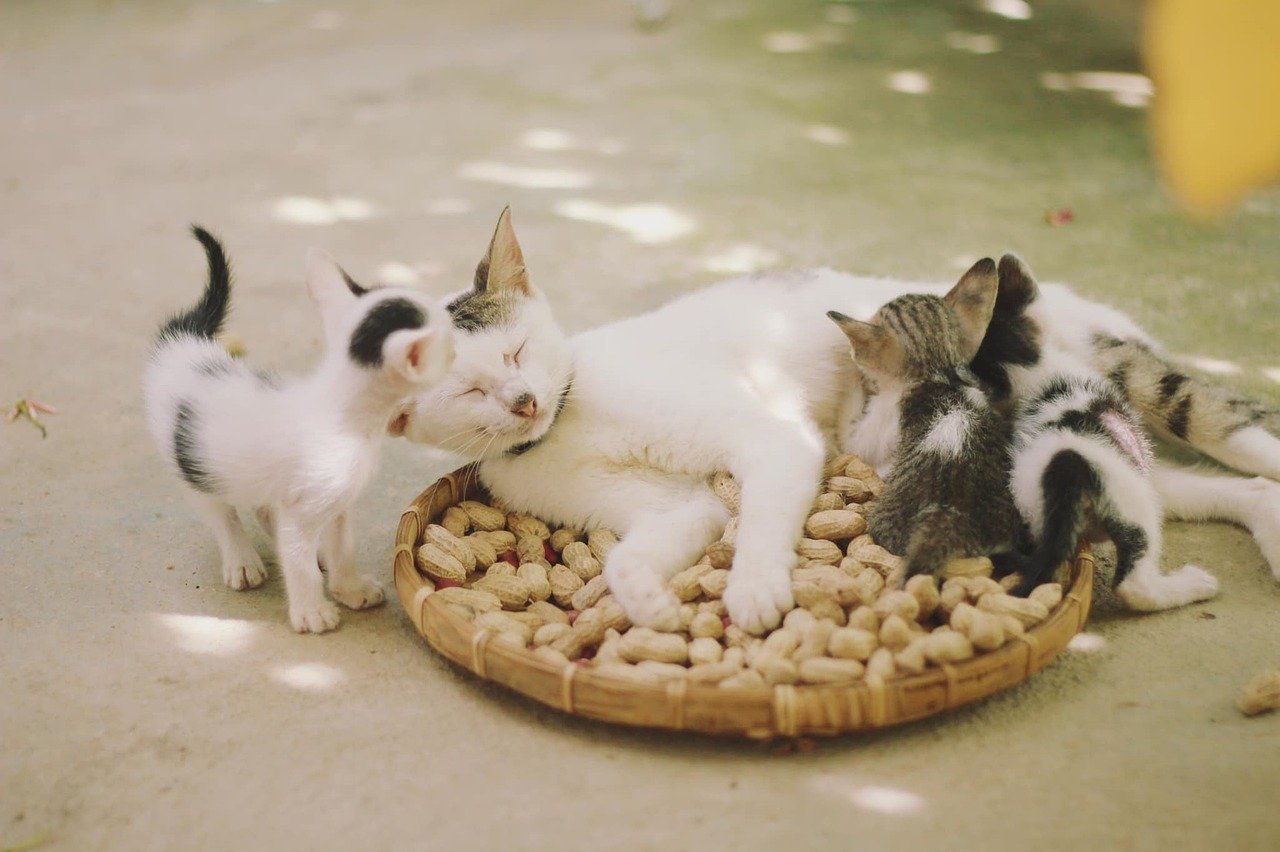
Sometimes, a cat just wants some love. After their solo expeditions, they return to you seeking pets, scratches, or a gentle cuddle. Even the most independent cats have moments when they crave attention. They might rub against your leg, hop onto your lap, or meow softly for a little affection. This behavior is their way of saying, “I love you,” even if they act cool about it. It’s a sweet reminder that you are at the heart of their world.
Checking for Food or Treats
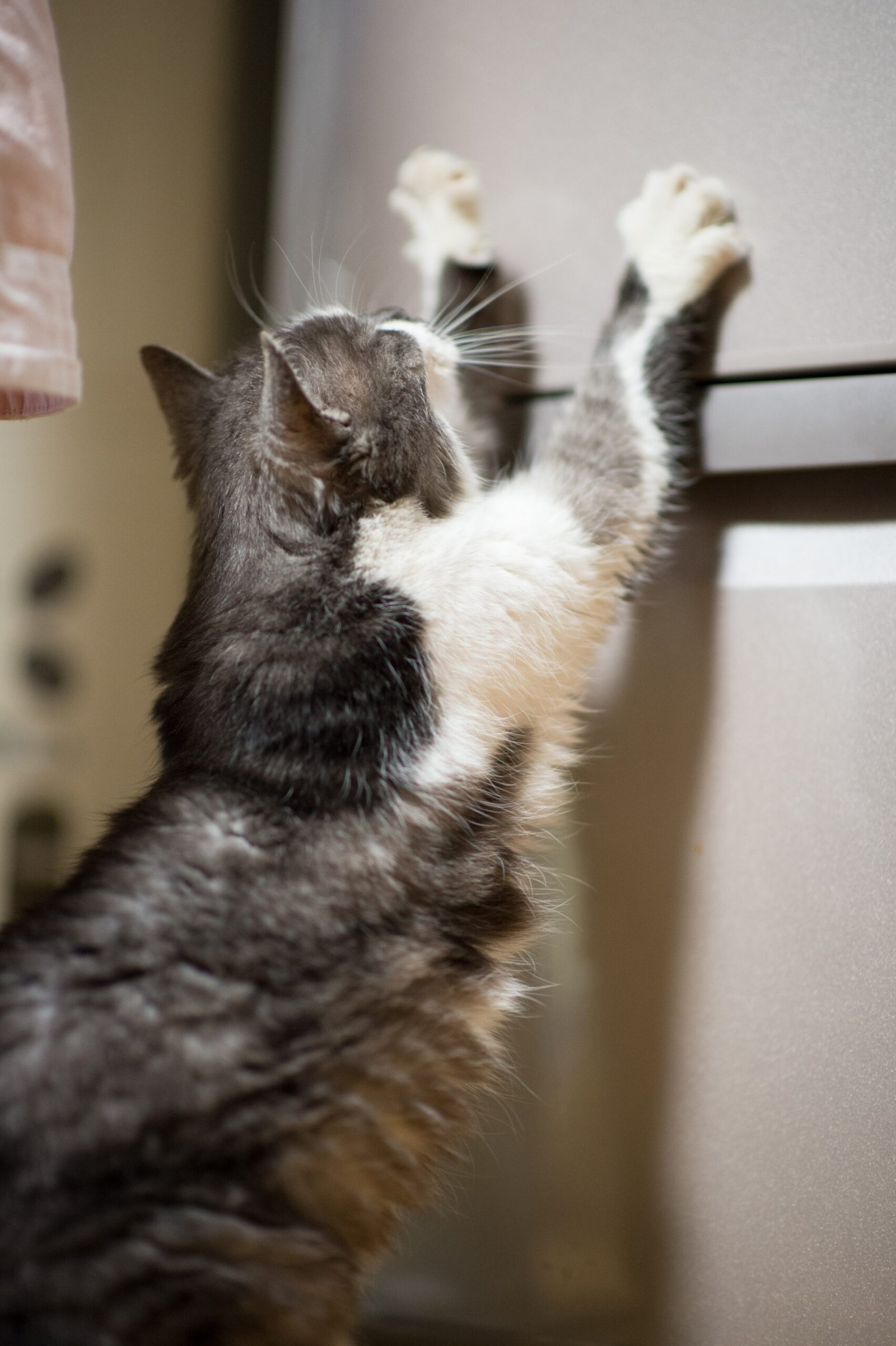
Let’s be honest—cats are motivated by their stomachs. After exploring, many cats will return to their humans with the hope of finding a tasty snack. They quickly learn that you’re the source of all things delicious. Sometimes, their return is less about affection and more about a rumbling tummy. This doesn’t make their behavior any less endearing. In fact, it’s a sign of trust—they know you’ll provide for them, and that’s a special kind of love.
Responding to Your Voice or Movements

Cats are incredibly attuned to their humans’ voices and gestures. Even if they’re in another room, the sound of your voice can draw them back. Whether you’re calling their name or just chatting away, your cat responds to the familiar tones. Sometimes, even the rustle of a bag or the creak of a chair will bring them running. It’s as if they have a sixth sense for knowing when you want them close. This responsiveness is proof of the special connection you share.
The Influence of Early Socialization

How a cat was raised plays a big role in their behavior. Cats who were well-socialized as kittens are more likely to seek out human company. After exploring, these cats naturally gravitate back to their people. Early experiences of love and care shape their trust and attachment. If your cat comes back to you often, it might be thanks to the positive socialization they received early on. It’s a beautiful example of how kindness shapes lasting bonds.
Imprinting and Attachment
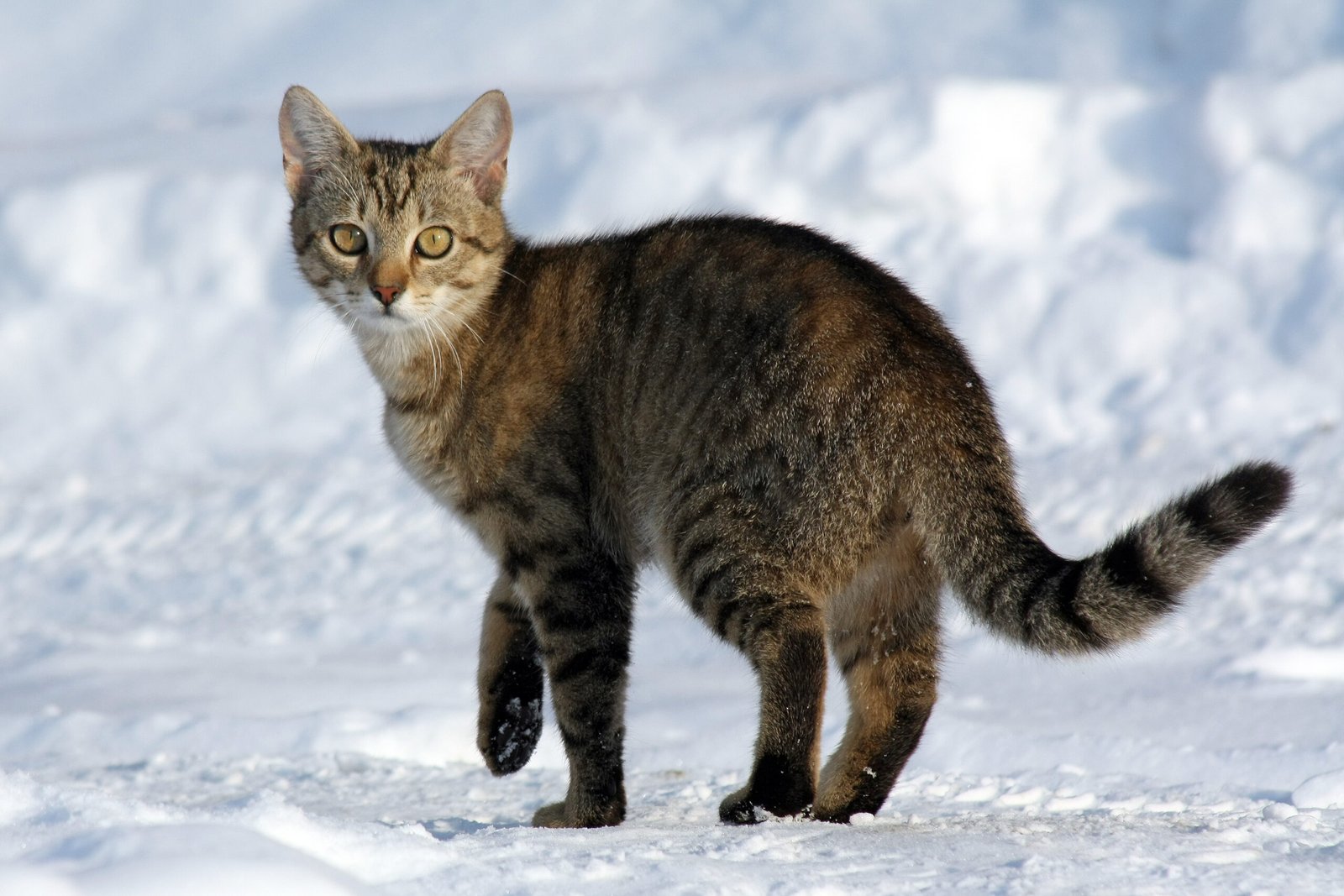
Some cats form especially strong attachments to their humans, almost like imprinting. This deep connection means they see you as their primary caregiver and source of comfort. After exploring, they instinctively return to the one they trust most—you. This type of bond is often seen in cats who were hand-raised or rescued at a young age. The attachment is powerful, and their frequent returns are a sign of just how important you are to them.
Emotional Support and Empathy
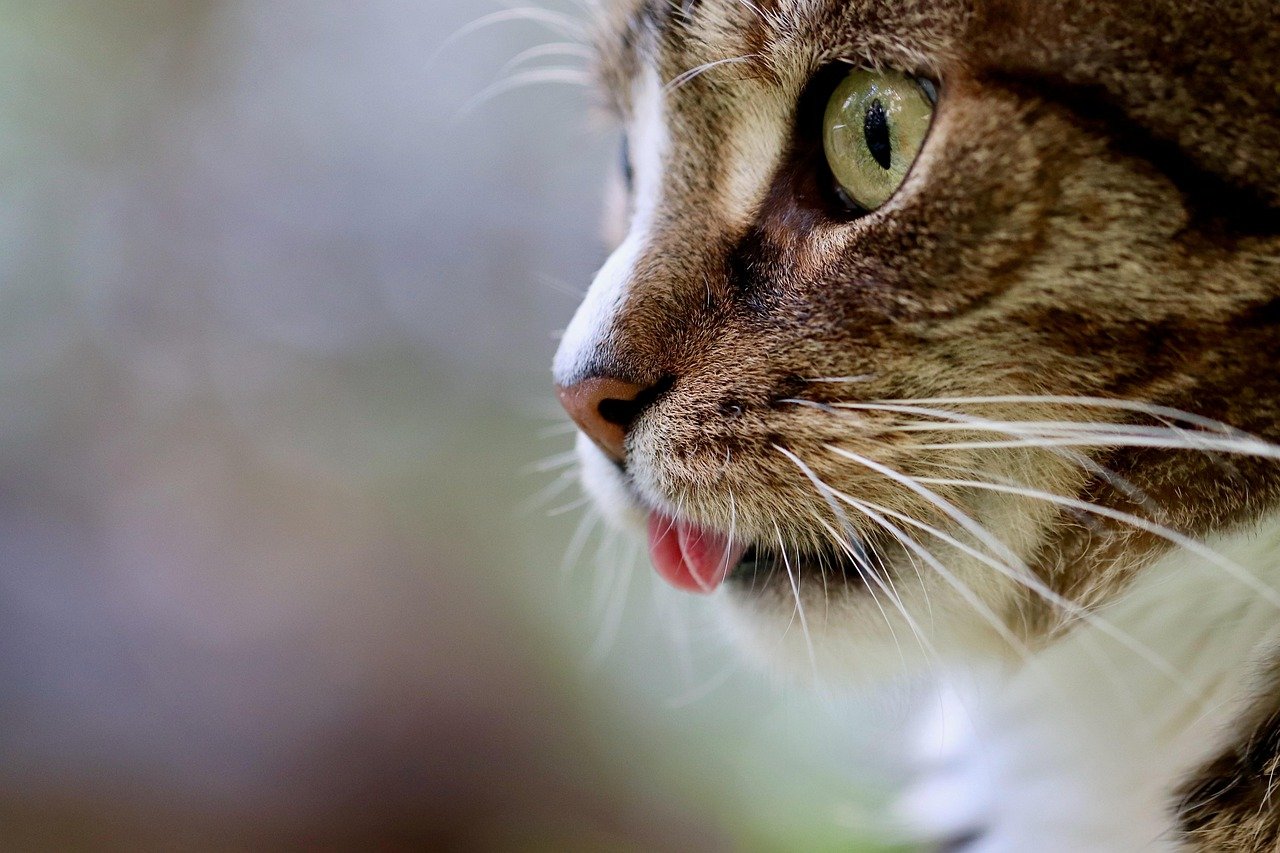
Believe it or not, cats can sense our moods. Many owners have stories of their cats returning to them during moments of sadness or stress. Cats might not understand every detail, but they pick up on emotional cues. When they come back to you after exploring, it can be their way of offering support. It’s a gentle, silent empathy—a paw placed on your lap, a quiet cuddle beside you. In their own way, cats are there for us just as much as we’re there for them.
Territorial Marking and Ownership
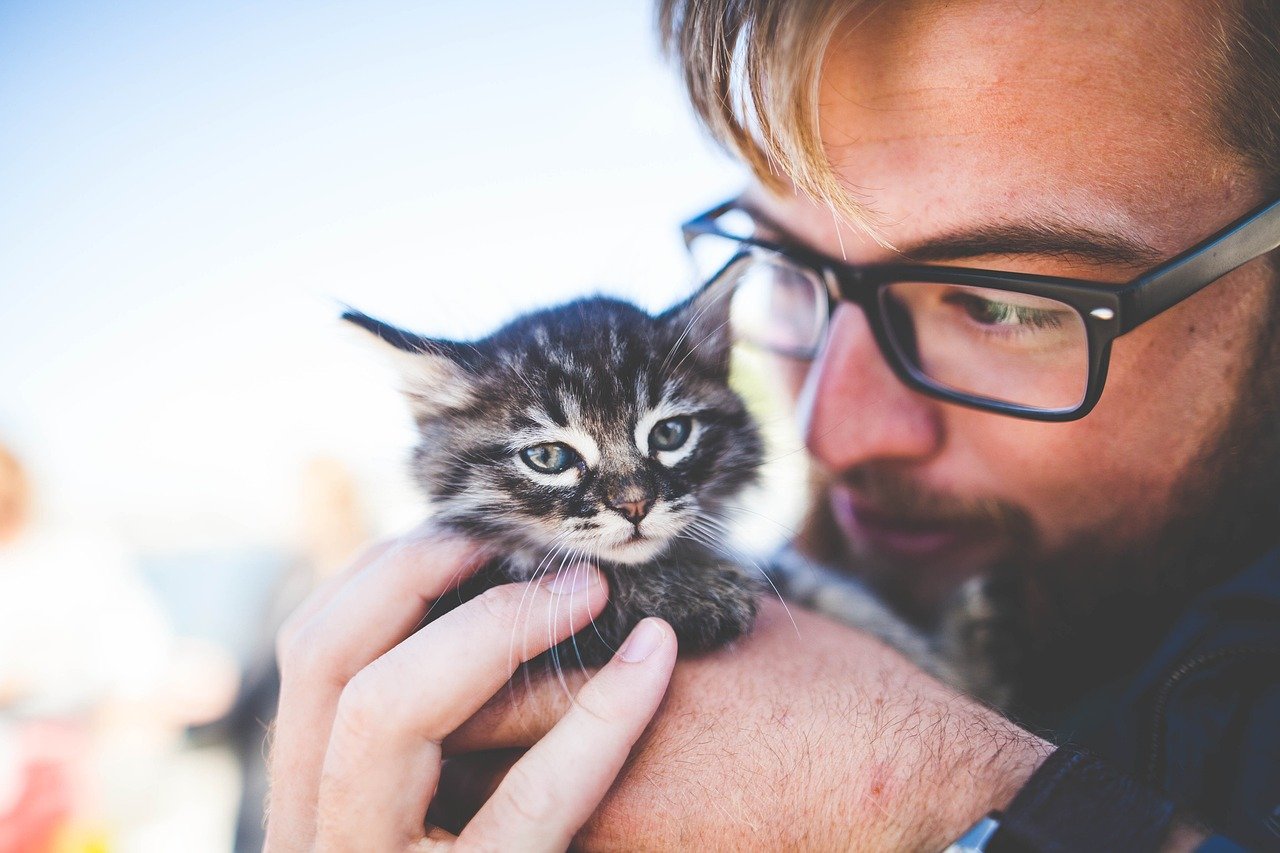
Cats are territorial by nature. When they return to you, they might engage in behaviors like rubbing, kneading, or even sitting on you. These actions are ways of marking you as “theirs.” It’s their subtle way of saying, “You belong to me, too.” After exploring their physical territory, they come back to reaffirm their social territory—you. This behavior may seem possessive, but it’s really just another form of feline affection.
Following the Leader
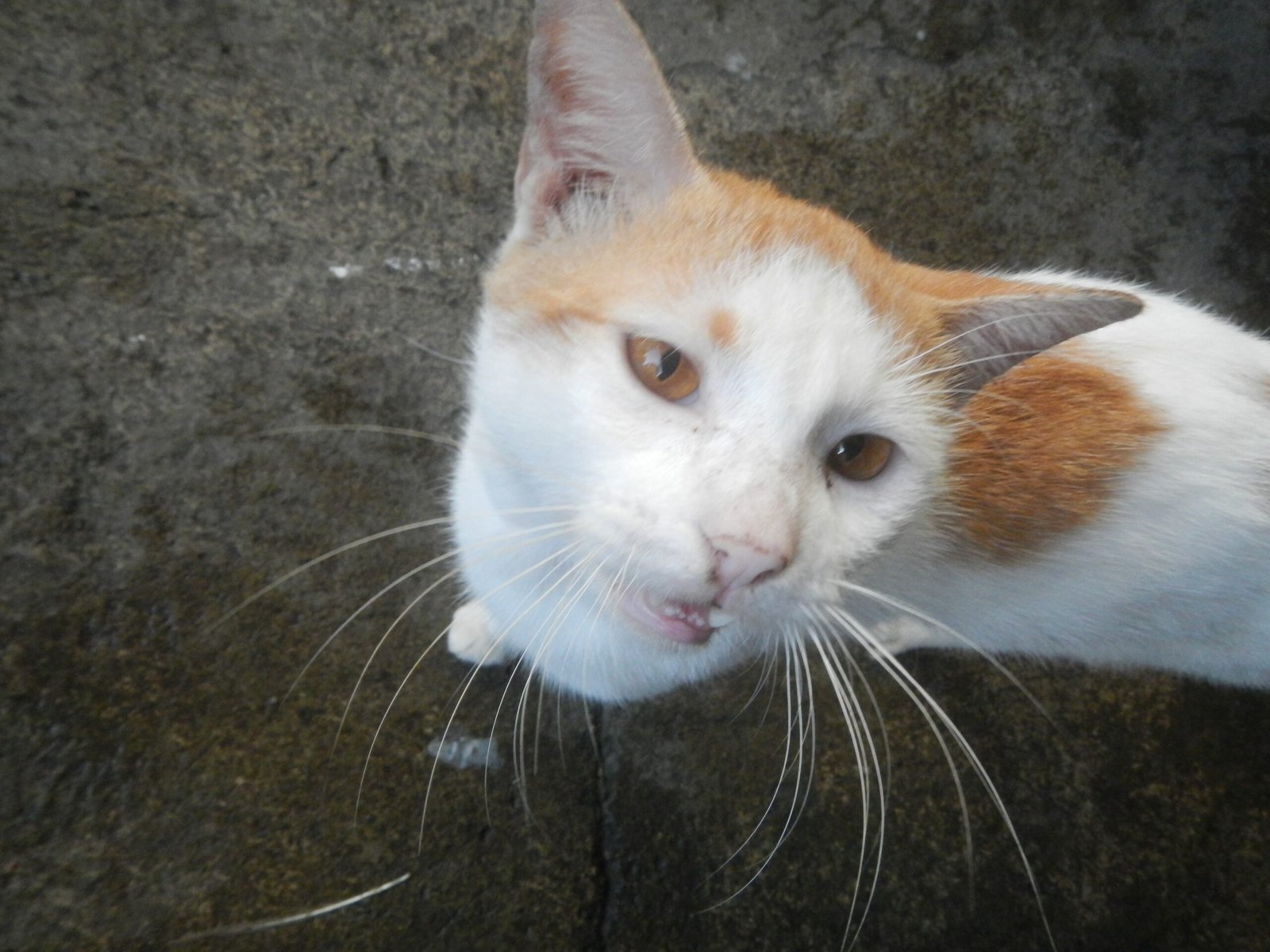
In the animal world, there’s often a leader that others follow. At home, you’re the leader of your cat’s pack. After exploring every room, your cat returns to you as a sign of respect and trust. They want to keep tabs on what the leader is doing and ensure they’re never too far away. This instinct to follow the leader is rooted in their wild ancestry and plays out in adorable ways at home.
The Joy of Shared Spaces

Cats love to share spaces with their favorite humans. After a round of exploration, they come back to you to enjoy the comfort of shared company. Whether it’s curling up on your lap or just sitting nearby, being together is its own reward. These shared moments create happy memories and deepen the bond between you and your cat. It’s a simple, joyful reminder that togetherness matters—no matter how many rooms they explore.
Responding to Changes in the Environment
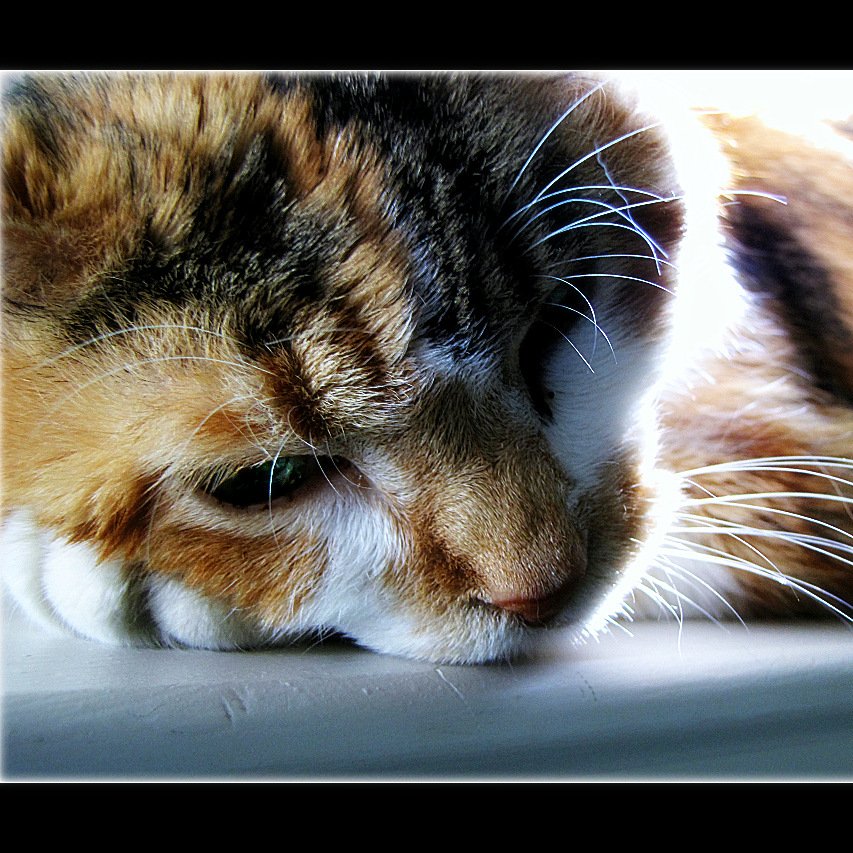
Cats are highly sensitive to changes in their environment. If something feels off—maybe a new scent, sound, or visitor—they’ll often return to you for reassurance. Your presence is a calming force in a world that can sometimes seem unpredictable. After a quick check of every room, your cat seeks the stability and comfort they find with you. It’s a testament to the trust and reliance they place in your relationship.
Instincts from the Wild
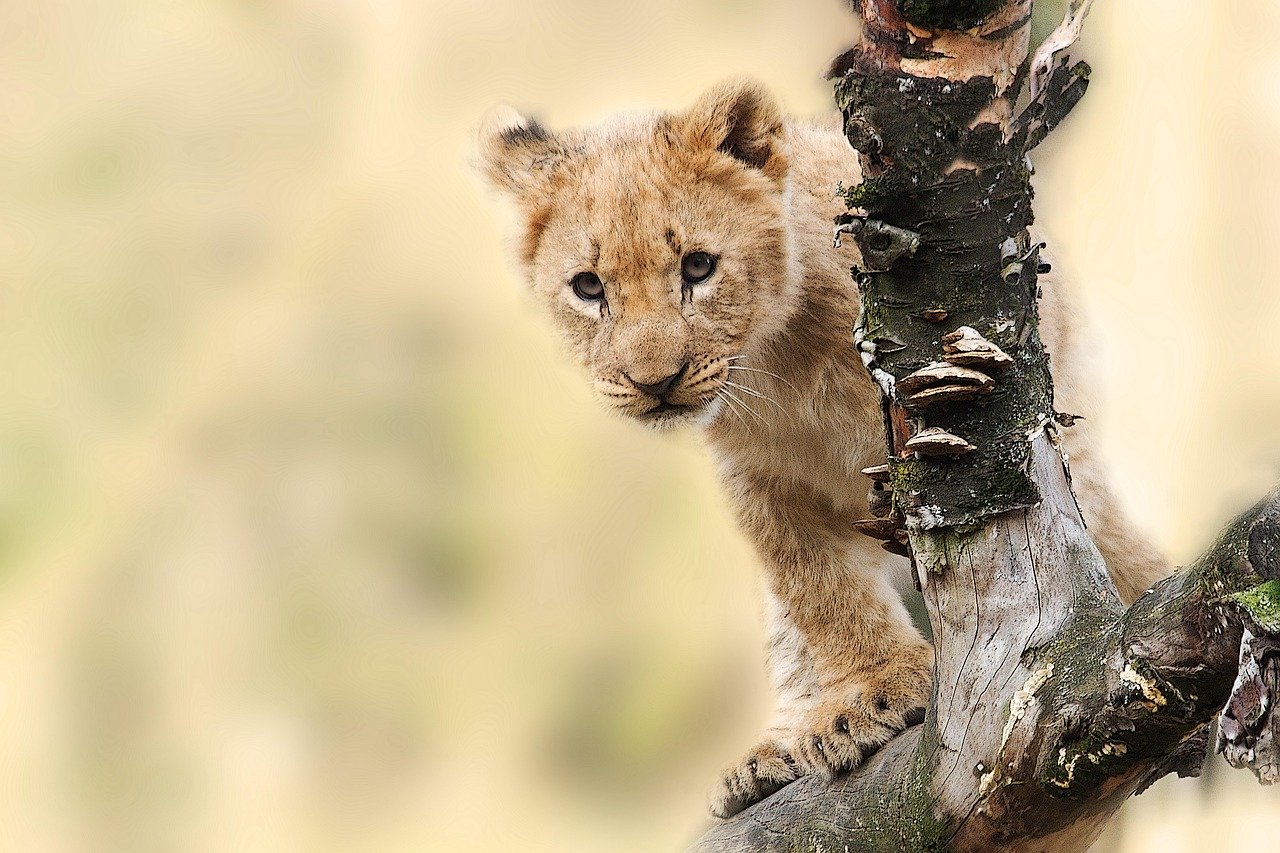
Even the most pampered house cat carries echoes of their wild ancestors. In the wild, cats return to their nests or family groups after hunting or exploring. This ancient instinct lingers in domestic cats, driving them to return to their “family group”—you—after exploring their home. It’s a fascinating reminder that, for all their modern comforts, your cat is still guided by instincts forged long ago. Their return is part of a natural, age-old pattern.
The Power of Positive Reinforcement

Cats are quick learners. If returning to you results in positive experiences—like treats, affection, or gentle words—they’ll do it more often. Over time, your responses shape their behavior. Every time you reward their return, you reinforce the idea that being with you is a good thing. This ongoing cycle of positive reinforcement strengthens your bond and keeps your cat coming back, again and again.
Mutual Love and Trust
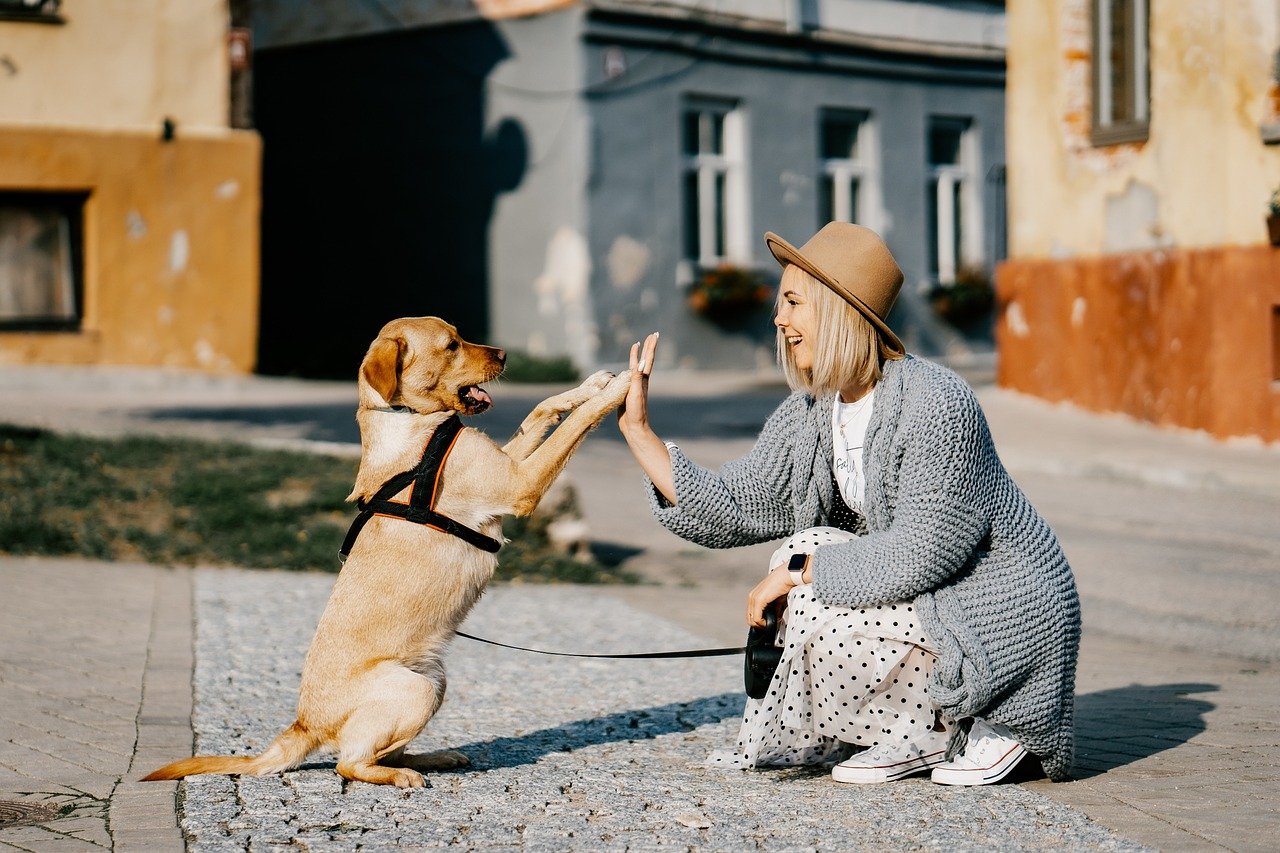
At the heart of it all, the reason your cat returns to you after exploring every room boils down to love and trust. Your cat feels safe, cherished, and understood when they’re with you. Through every headbutt, purr, and gentle return, they’re expressing the deep affection that words can’t capture. It’s a beautiful, unspoken language that only you and your cat share. And every time they come back, it’s a reminder that you’re exactly where they want to be.
Hi, I’m Bola, a passionate writer and creative strategist with a knack for crafting compelling content that educates, inspires, and connects. Over the years, I’ve honed my skills across various writing fields, including content creation, copywriting, online course development, and video scriptwriting.
When I’m not at my desk, you’ll find me exploring new ideas, reading books, or brainstorming creative ways to solve challenges. I believe that words have the power to transform, and I’m here to help you leverage that power for success.
Thanks for stopping by, Keep coming to this website to checkout new articles form me. You’d always love it!






